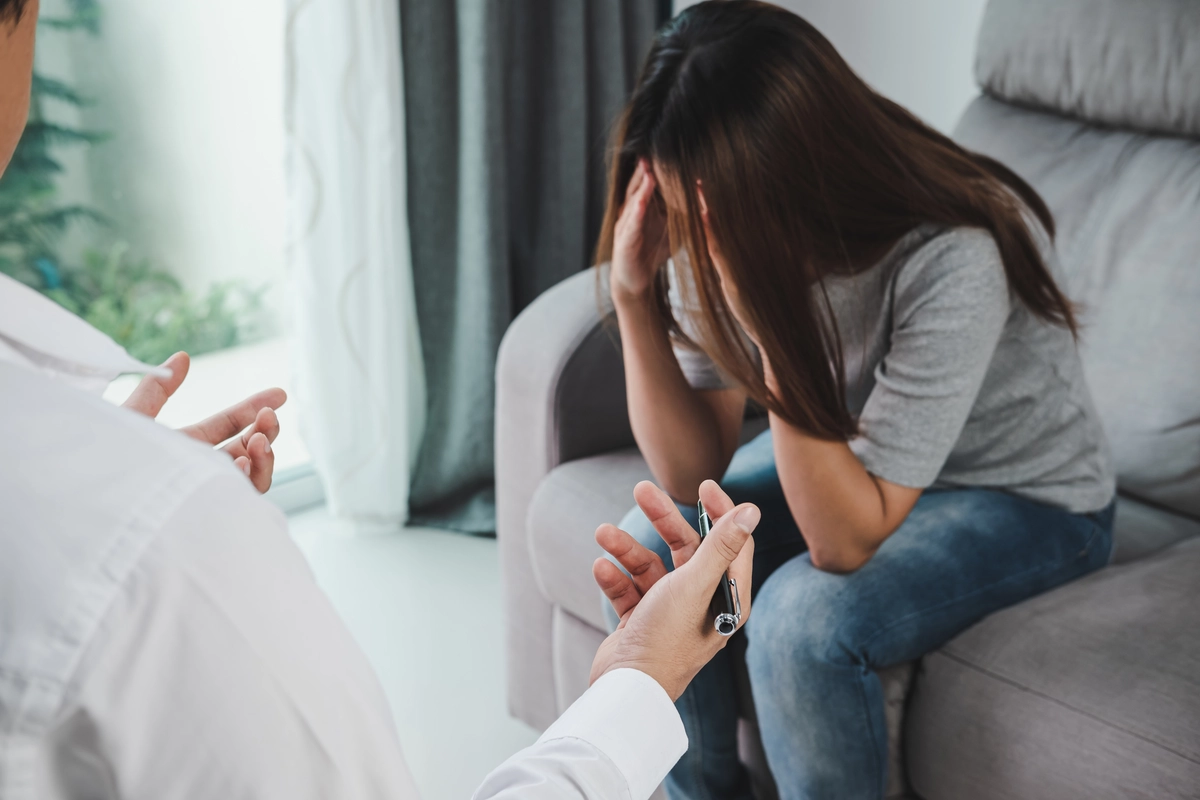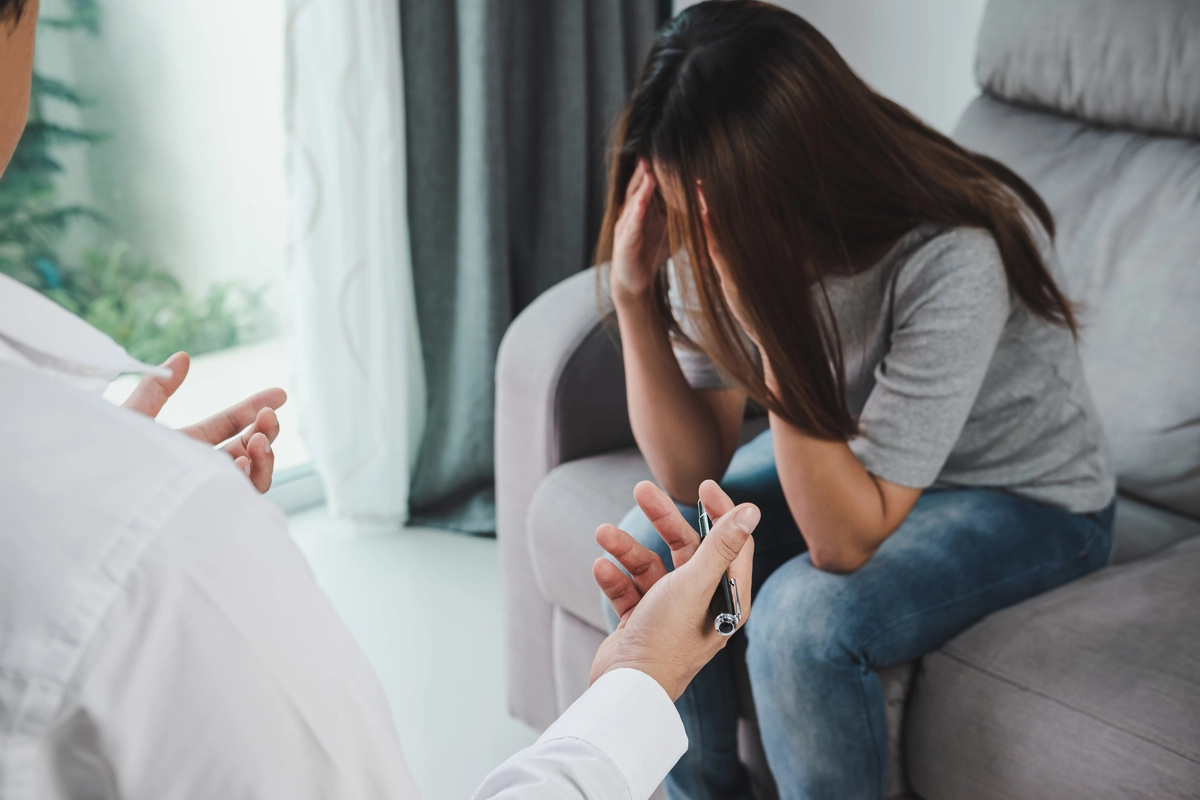24/7 Helpline:
(866) 899-111424/7 Helpline:
(866) 899-1114
Learn more about Bipolar Disorder Treatment centers in Hemlock
Bipolar Disorder Treatment in Other Cities


The Gilead House
The Gilead House is a Non-Profit rehab center located in Indianapolis, IN. The Gilead House speciali...

Four County Counseling Center
4C Health Solutions is a dual diagnosis behavioral health treatment center located in Kokomo, IN. Wi...

First City Recovery Center
Freedom is within reach at First City Recovery Center. Based out of Kokomo, Indiana, FCRC offers a f...

Community Howard Behavioral Health Services
Community Howard Behavioral Health Services offers the complete realm of behavioral care to treat th...






























AA – Alcoholics Anonymous
AA – Alcoholics Anonymous is a private rehab located in Kokomo, Indiana. AA – Alcoholics Anonymous s...
















Other Insurance Options

Medical Mutual of Ohio

Anthem

ComPsych
Beacon

UnitedHealth Group

Optum

Lucent

EmblemHealth

Magellan

Regence

State Farm

Multiplan

MHNNet Behavioral Health

BHS | Behavioral Health Systems

Magellan Health

CareFirst

Health Net

GEHA

WellCare Health Plans

PHCS Network